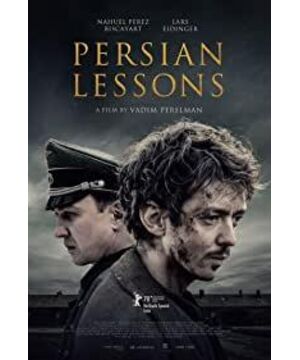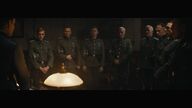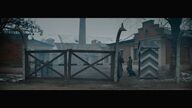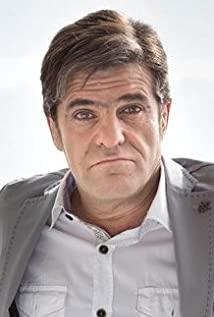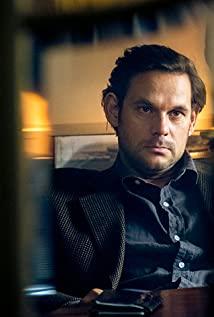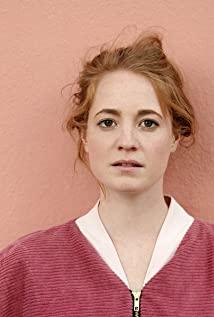The Nazi officer at the airport check-in desk, speaking fluent "Persian", was suspicious of the Persians and said with red eyes that he just wanted to go to Tehran and open a restaurant with his "brother", he really felt sorry for him. At that time, he was no longer an officer who served the Nazis and regarded other people's lives as a must, but just a small wish to go to Tehran to run a restaurant with his "brother" and worked hard for a long time. ordinary people. He has a good side, keeps his word, and rescues Gilles when he escapes. (He could not have done this) So when I saw him being suspected at the airport and being pressed by everyone, I can understand his grievance, anger, panic... But, can I blame Giles? He is there to live. Out of the will to survive, he had to deceive Koch. He's also a kind man who keeps his promises. The Italians sacrificed for him (because the Italians thought he could save his younger brother), and he really lived up to his trust, exchanged clothes with the Italian's younger brother, and went straight to the "killing field". Here, there is a tension between good and evil, and it is no longer so clear-cut, and the characters are no longer black and white. It can be said that this film shows the complexity of human nature, and also outlines to us the tearing of human nature by war.
View more about Persian Lessons reviews


